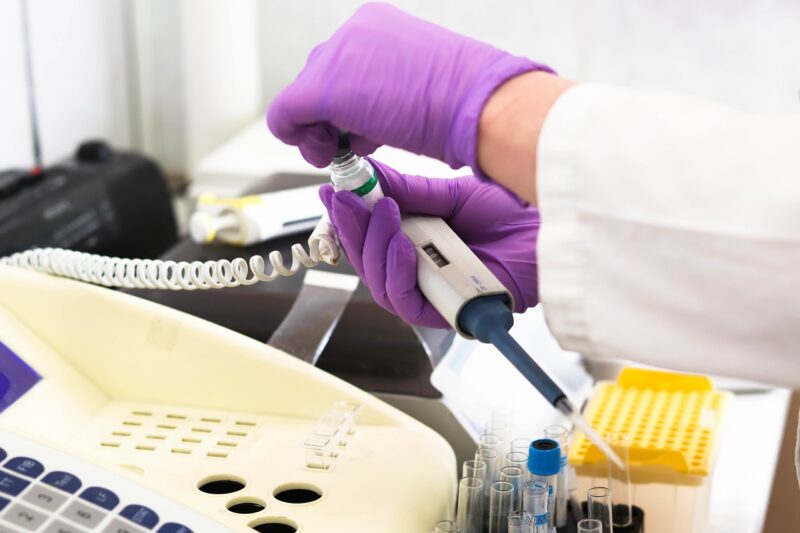
The US Food and Drug Administration (FDA) has granted clearance for the Investigational New Drug (IND) application of Cour Pharmaceuticals to launch a Phase Ib/IIa clinical trial of its investigational therapy, CNP-106, for myasthenia gravis (MG).
The proof-of-concept, randomised, double-blind, placebo-controlled trial is anticipated to commence in the first quarter of next year.

Discover B2B Marketing That Performs
Combine business intelligence and editorial excellence to reach engaged professionals across 36 leading media platforms.
It will evaluate the tolerability, safety, immunogenicity and initial efficacy of CNP-106 in a representative sample of adult MG patients.
CNP-106 is created for treating the underlying autoimmune causes of MG using antigen-specific tolerance induced by the therapy.
Through T-cell reprogramming to boost immune tolerance using T regulatory cells, the therapy could potentially stop and reverse MG.
Cour Pharmaceuticals founder and CEO John Puisis said: “The FDA’s acceptance of our IND application in myasthenia gravis represents Cour’s fourth IND clearance to date and expands our focus deeper into rare and severe autoimmune diseases.

US Tariffs are shifting - will you react or anticipate?
Don’t let policy changes catch you off guard. Stay proactive with real-time data and expert analysis.
By GlobalData“As we continue to advance our MG programme into the clinic, we look forward to demonstrating clear differentiation to existing approved therapies in durability of response and safety without the need of concomitant immunosuppressive therapies, offering a potentially groundbreaking, disease modifying treatment for patients who suffer the debilitating effects of MG.”
An autoimmune neuromuscular ailment, MG impairs the ability of skeletal muscles to contract by disrupting the communication between motor neurons and muscle fibres.
These muscles control breathing and movement of the body parts such as the face, throat, arms and legs.
Between 15% to 20% of patients with MG experience at least one myasthenia crisis, as per the National Institute of Neurological Disorders and Stroke.





